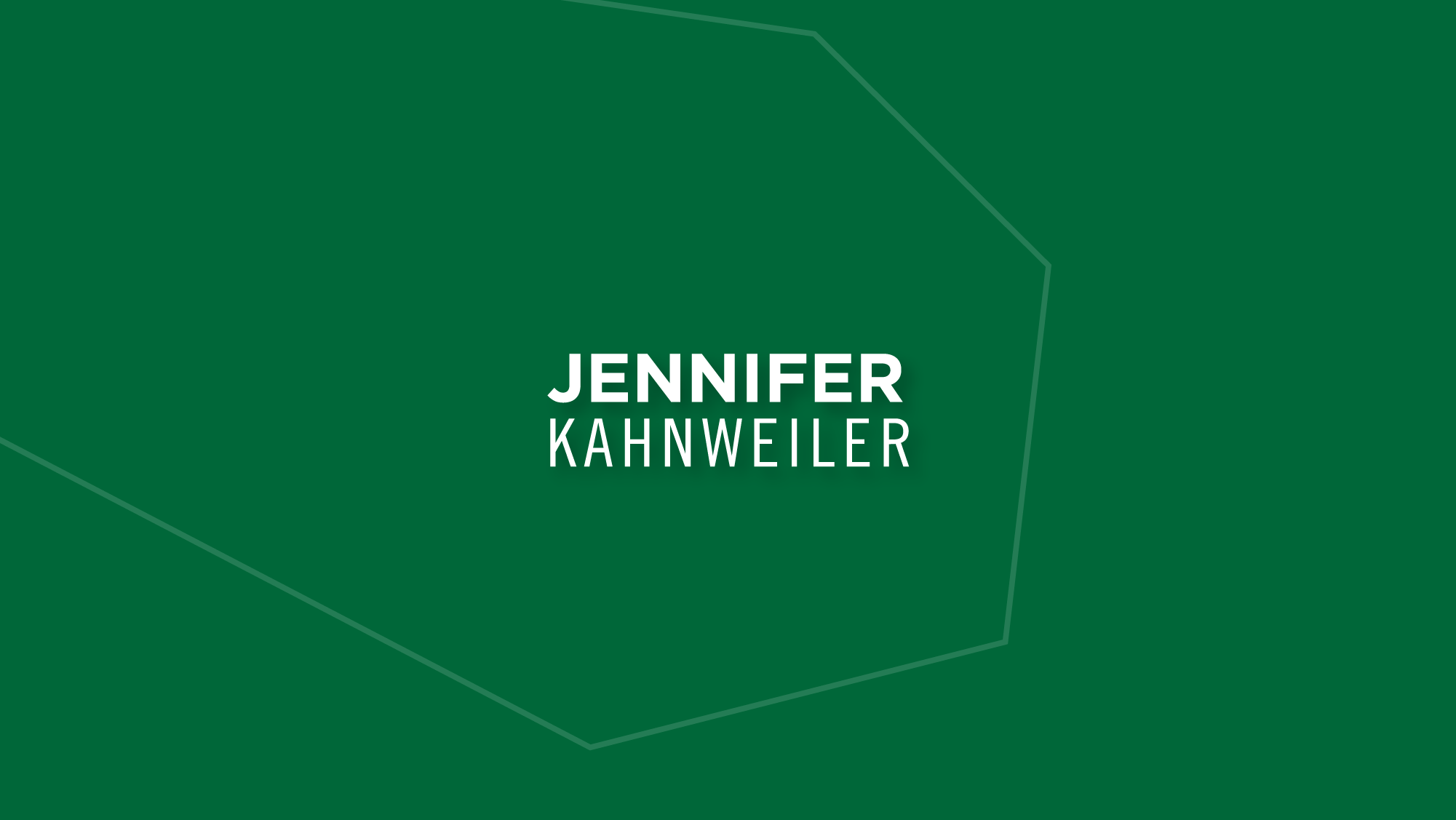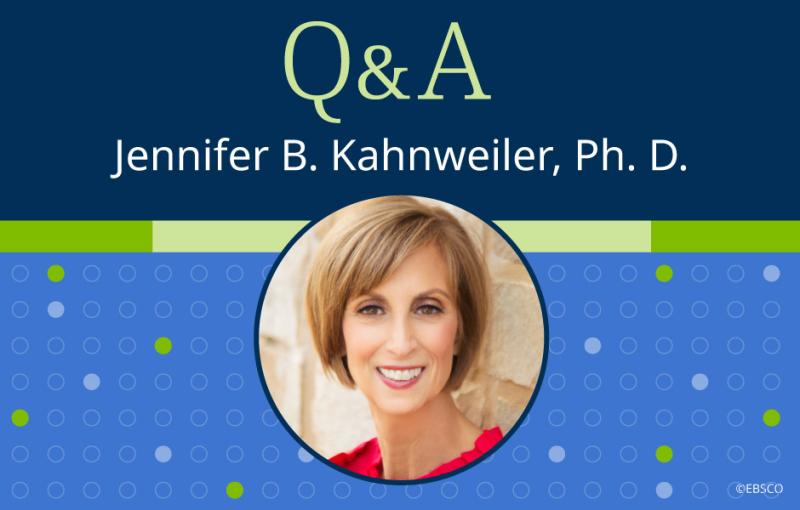A business leader need not act like Indiana’s Bobby Knight to be the ultimate influencer, communicate his vision and inspire people to get on board. In fact, the opposite may be true. Often introverted leaders exercise their quiet influence in ways that prompt new ways of thinking, challenge the status quo and inspire others to move forward. Here’s how some CEOs have borrowed from the introvert’s playbook to elevate their effectiveness.
There are many ways one can be effective as a leader. Smart CEOs know that they are most transparent and trustworthy when they lead from their own natural strengths. For introverts, those strengths may be quieter, more measured and less obvious, but they will be no less effective. Contrary to popular opinion, it’s not always the loudest voice in the room that gets results.
Doug Conant, former president and CEO of Campbell Soup Company and CEO, Conant Leadership, builds trust and open communication with his teams by being honest about his own way of getting things done. He uses two strengths common to introverted leaders – preparation and focused conversations. “I came out of the closet in my beliefs…I have this belief that it’s very important for a leader, particularly an introvert, to declare themselves. It took me a long time to realize the obvious; that people were not mind readers and because I was quiet and sort of introverted they didn’t know how I thought or felt,” he said.
Doug developed a best practice called “a DRC (after his initials, Douglas R. Conant) conversation.” Using preparation, he gathers necessary facts and knowledge and explores resistance points to create a document that lays out his beliefs, how he likes to run the company and his perspective on how the industry works. Then he walks each new team member through it.
This focused conversation—a purpose-driven dialogue that leads to problem-solving, selling ideas and working through conflict—is open and honest. In his dialogue, Doug doesn’t exclude personal information like his values, favorite books or quotes. In one thoughtful conversation, he eliminates the guesswork in getting to know him and keeps himself accountable. He tells new hires, “If I behave consistently with this, then I guess you can trust me. If I don’t, I guess you can’t, but at least you will know.”
Preparation and focused conversations get results for Conant, but other “quiet influencers,” as I call “introverted leaders” in my book, “Quiet Influence: The Introvert’s Guide to Making a Difference” have also achieved tremendous results by relying on four other common strengths.
They regularly take quiet time to think, recharge their batteries, boost energy and foster creativity.
They use engaged listening to build rapport, mutual understanding and trust with their co-workers.
Because talking isn’t always their strong point, writing becomes a way to find clarity about their own positions and articulate authentic, well-developed positions to others.
Some develop a thoughtful use of social media to propel their ideas and reach a previously untapped, broader and global audience.
Engaged listening has become a hallmark trait of Sandy Parillo, CEO of The Providence Mutual Insurance Company. She had not recognized the importance of engaged listening until a coworker pointed out its value. She encourages co-workers to come to her with their ideas and solutions. Her response is “to ask them additional questions, offer alternatives for consideration, give them the benefit of my experience and offer support for their decision,” said Parillo.
After one such conversation, an employee told Parillo that he knew she probably had a hundred things going on, but that during their time together, he felt that she was entirely focused on the topic and gave him full attention. It was a light-bulb moment. Something she did naturally—listening closely and giving thoughtful feedback—added value to the company and both parties.
“I am truly humbled that people want to ‘run this by me’,” she said. She knows that they value her attention, her advice and her encouragement in their own management decisions. “The key is to challenge people appropriately and support them accordingly,” said Parillo.
Writing was the go-to strength for Ronnie Wilkins, executive director of the American College of Neuropsychopharmacology when he wanted to launch a new non-profit organization. It would align with and enhance his organization’s scientific mission by providing association management services. Ronnie knew the need was there was there, but it meant selling the board on creating an additional new company. He prepared a carefully outlined memo, finding it easier to have conversations and answer questions once people had a chance to consider his proposal carefully. Within three months the new company, Parthenon, was up and running. It has helped retention of employees by providing new career opportunities and it has exceeded all performance expectations.
More CEOs are borrowing plays from the introverted playbook. They find these quiet strengths to be powerful and that they directly relate to highly-desired soft skills so in-demand in today’s workforce: the ability to communicate clearly, think critically and collaborate to build trust and strong teams. As these examples show, “quiet influence” can be a powerful way of making your case and leading your company forward.
This post is taken from an article I wrote for Chief Executive which appeared on Oct., 27, 2013.





